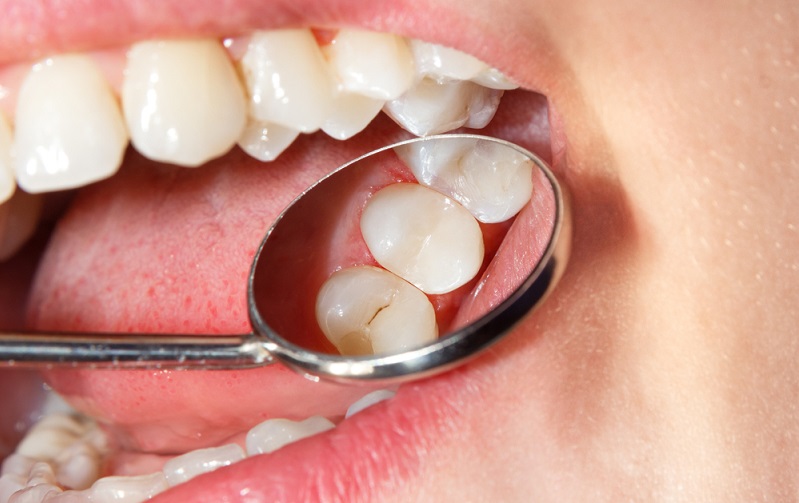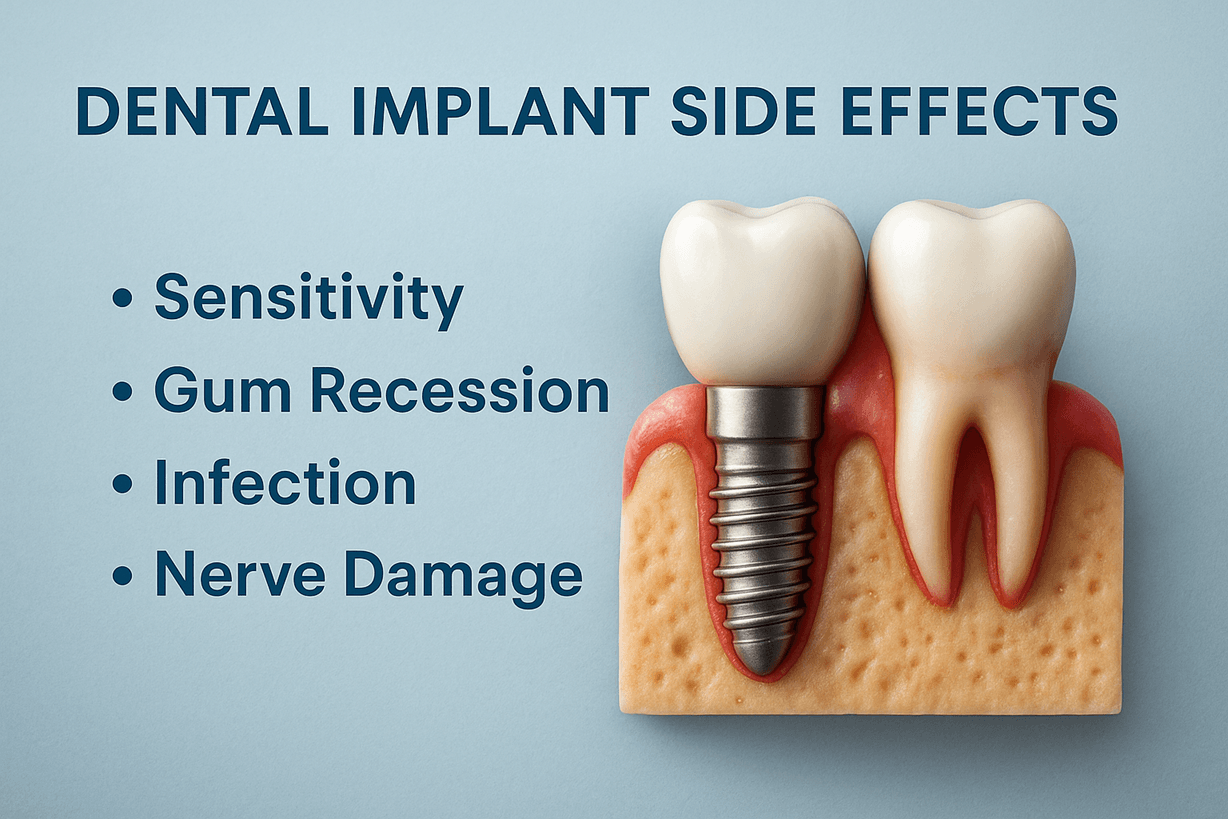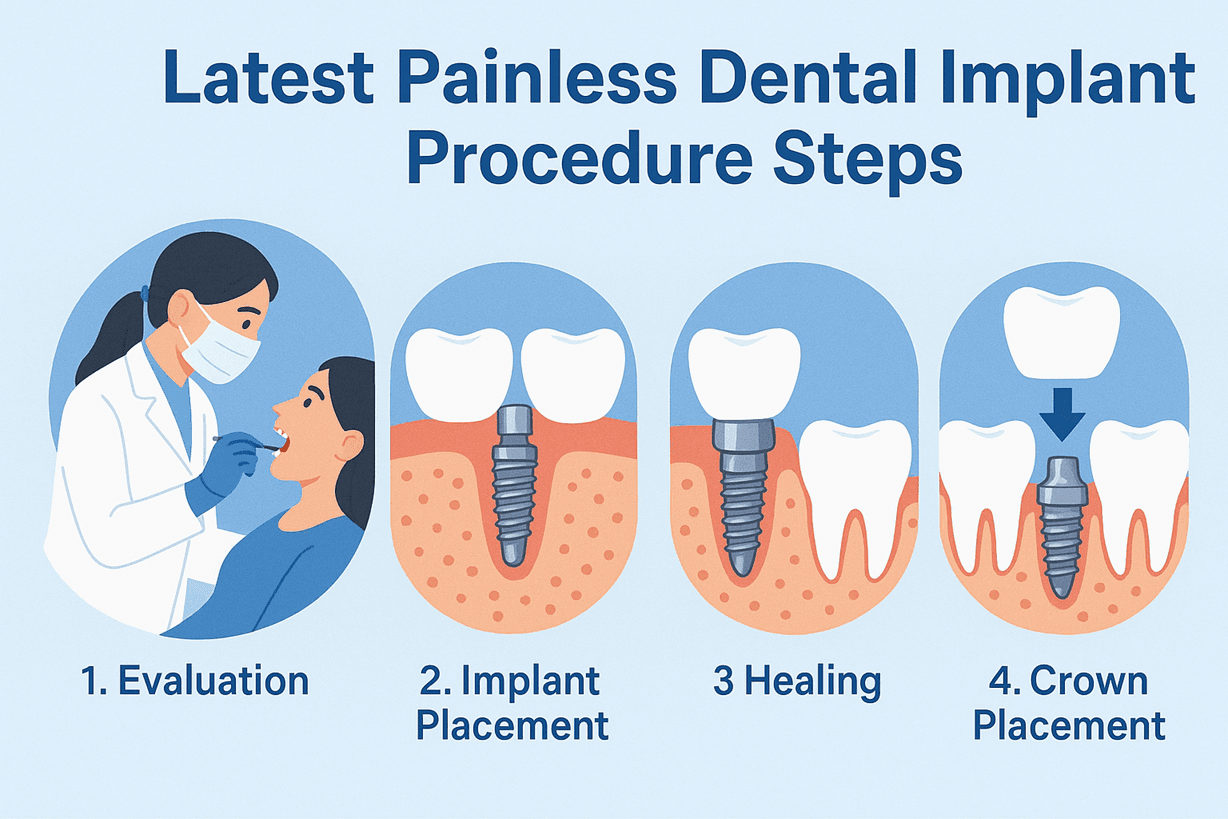Contents
- Dental Sealants Definition
- Different Types of Dental Sealants
- Benefits of Dental Sealants
- 1. Sealants Protect against Plaque Buildup
- 2. Dental Sealants are Pain-Free
- 3. Excellent Preventative Measure for Children
- 4. Sealants Last for Up to 10 years
- 5. Dental Sealants are Easy to Maintain
- Risks of Dental Sealants
- Cost of Dental Sealants
- Who Should Consider Dental Sealants?
- 1. Children and Adolescents
- 2. Adults with Susceptibility
- 3. High Sugar Intake
- Q1. What are Sealants?
- Q2. Are Dental Sealants Necessary?
- Q3. Are Dental Sealants Safe?
- Q4. What are Dental Sealants Made Of?
- Q5. Are Dental Sealants Worth It?
- Q6. How Effective are Dental Sealants?
- Q7. What is the Purpose of Dental Sealants?
- Q8. Can Adults Get Dental Sealants?
- Q9. How Long Do Dental Sealants Last?
- Q10. Can Dental Sealants Be Removed?
- Q11. How Much Do Dental Sealants Cost?
- Q12. Do Dental Sealants Hurt?

Keeping your teeth free from cavities and tooth decay requires a comprehensive oral hygiene regimen that includes using mouthwash, brushing and flossing regularly.
Even though maintaining healthy gums and teeth through preventative care can greatly benefit you, there are instances when going beyond is necessary to guarantee your teeth are in top condition.
One effective way to achieve this is by using dental sealants. These are protective coatings that are applied on the surface of the teeth to safeguard them against decay and damage.
Dental Sealants Definition
Dental sealants are thin, plastic coatings applied to the chewing surfaces of the back teeth, particularly molars and premolars.
Their primary purpose is to act as a barrier between the tooth’s surface and harmful bacteria and food particles.
This barrier is crucial in preventing the development of cavities, which are a common dental woe, especially in young children and adolescents.
Different Types of Dental Sealants
Dental sealants come in different varieties, each with different characteristics and suitability for patients.
There are 2 primary types of dental sealants:
1. Resin-based Sealants
Resin-based Sealants are the most common and are highly effective.
This sealants are made from a plastic material that bonds well to the tooth’s surface.
They are long-lasting and provide strong protection against decay.
2. Glass Ionomer Sealants
Glass ionomer sealants contain glass particles and can release fluoride over time.
This fluoride release can strengthen the teeth and further prevent decay.
These sealants are often used in situations where a patient may have a higher risk of cavities.
Benefits of Dental Sealants
1. Sealants Protect against Plaque Buildup
This smooth coating's ability to protect your teeth's enamel day and night is one of its primary advantages.
There are numerous groves and pits on the chewing surface of your teeth, which can become clogged with food.
Your risk of developing cavities is increased by the difficulty of cleaning or flossing these areas, particularly your rear molars.
The possibility of food, bacteria, and plaque becoming lodged in your teeth is reduced when you use dental sealants, which effectively cover these pits and fissures.
This helps to avoid more serious oral health problems like tooth decay or the need for a root canal procedure.
2. Dental Sealants are Pain-Free
Dental sealants are applied quickly, easily, and almost painlessly in contrast to other dental procedures.
Your dentist will polish your tooth's surface before using a special brush to apply a liquid resin on the biting surface.
The tooth can be cleaned once the resin has solidified using a light source.
There shouldn't be any pain or discomfort experienced during or after the treatment, so you can get back to your regular activities right away.
3. Excellent Preventative Measure for Children
Tooth decay and cavities are quite rampant in young children. This is why opting for dental sealants is a great option that parents can choose to add an extra layer of protection to their kids’ teeth.
In order to shield your child against cavities and other oral health problems during their most vulnerable years, apply dental sealants as soon as their permanent teeth emerge.
4. Sealants Last for Up to 10 years
The fact that dental sealants can endure for five to ten years is another fantastic advantage. The news is great for kids.
The fewer times kids have to visit the dentist, the better, as most of them dislike the experience. You can rest easy knowing that their teeth are long-term safeguarded after using dental sealants.
Your dentist will examine the state of your dental sealants and advise you or your child on whether they need to be touched up each time you or they should see them, which should be every six months.
Dental sealants may chip or wear down over time, which could affect the sealant's integrity.
5. Dental Sealants are Easy to Maintain
Your dentist can simply restore the dental sealant on your teeth if it becomes chipped or worn out.
All they have to do is wipe the area clean and reapply a sealant if needed to make sure your tooth is sealed and shielded against cavities and other oral health problems.
Risks of Dental Sealants
While they are generally considered safe and highly effective, it is essential to be aware of potential risks and considerations.
1. Allergic Reactions
Some individuals may have allergies to the materials used in sealants. Discuss this with your dentist beforehand.
2. Wear and Tear
Sealants can wear down over time due to chewing and biting. Regular dental visits are essential to ensure they remain intact and effective.
3. Proper Application
The success of dental sealants depends heavily on their proper application.
Cost of Dental Sealants
The cost varies depending on several factors, including the number of teeth to be sealed, the type of sealant used and the location of the dental clinic.
On average you can expect to pay from INR 1000 to 4000 per tooth for sealant application.
Dental sealants are a cost-effective option when compared to the expenses associated with treating cavities and other dental issues.
Who Should Consider Dental Sealants?
They are a valuable addition to your oral health routine, especially for those who are more prone to cavities.
Here are some groups that can particularly benefit from sealants-
1. Children and Adolescents
These age groups are often more likely to develop cavities as their teeth are still developing and may have deep grooves.
2. Adults with Susceptibility
Some adults may have teeth with deep grooves or a history of cavities, making them appropriate candidates.
3. High Sugar Intake
If one has a diet very high in sugary and acidic foods, one can consider the protection offered by sealants.
Dental sealants are a simple but powerful tool to maintain optimal oral health. By understanding it, you can make an informed decision to keep your smile safe and sound.
Whether you’re considering sealants for yourself or a family member, their long-term benefits are well worth the investment.
Q1. What are Sealants?
These are very thin, shielding layers that are placed on the chewing surfaces of teeth, primarily molars and premolars. To stop bacteria and food particles from causing cavities, they function as a barrier.
Q2. Are Dental Sealants Necessary?
While they're not always necessary, they come highly suggested, especially for children, for those with teeth that have deep grooves or a history of cavities.
Q3. Are Dental Sealants Safe?
Yes. They are made of non-toxic materials and have been used in dentistry for many years.
Q4. What are Dental Sealants Made Of?
They are typically made of plastic resin or glass ionomer materials, both of which are safe and effective at preventing cavities.
Q5. Are Dental Sealants Worth It?
Yes, they’re worth it for those at risk for cavities, as they can help prevent tooth decay and potentially save future dental treatment costs.
Q6. How Effective are Dental Sealants?
They reduce the risk of decay on the protected teeth by 80%.
Q7. What is the Purpose of Dental Sealants?
The primary purpose is to act as a protective barrier that prevents bacteria and food particles from causing cavities on the chewing surfaces of teeth,
Q8. Can Adults Get Dental Sealants?
Yes, adults can get dental sealants, especially if they have deep grooves in their teeth and are at risk of developing cavities.
Q9. How Long Do Dental Sealants Last?
They last for 5 to 10 years. They can be reapplied after a certain time period depending on the wear and tear.
Q10. Can Dental Sealants Be Removed?
A dentist can remove dental sealants if necessary. They are, however, usually intended to remain in place until they deteriorate naturally.
Q11. How Much Do Dental Sealants Cost?
Dental sealants vary in price, but generally speaking, they might run you anywhere from INR 1000 to INR 4000 per tooth, depending on the location and kind of sealant that is applied.
Q12. Do Dental Sealants Hurt?
No, applying dental sealants does not cause any pain. It doesn't hurt or create discomfort; it just entails cleaning the teeth and applying the sealant.


